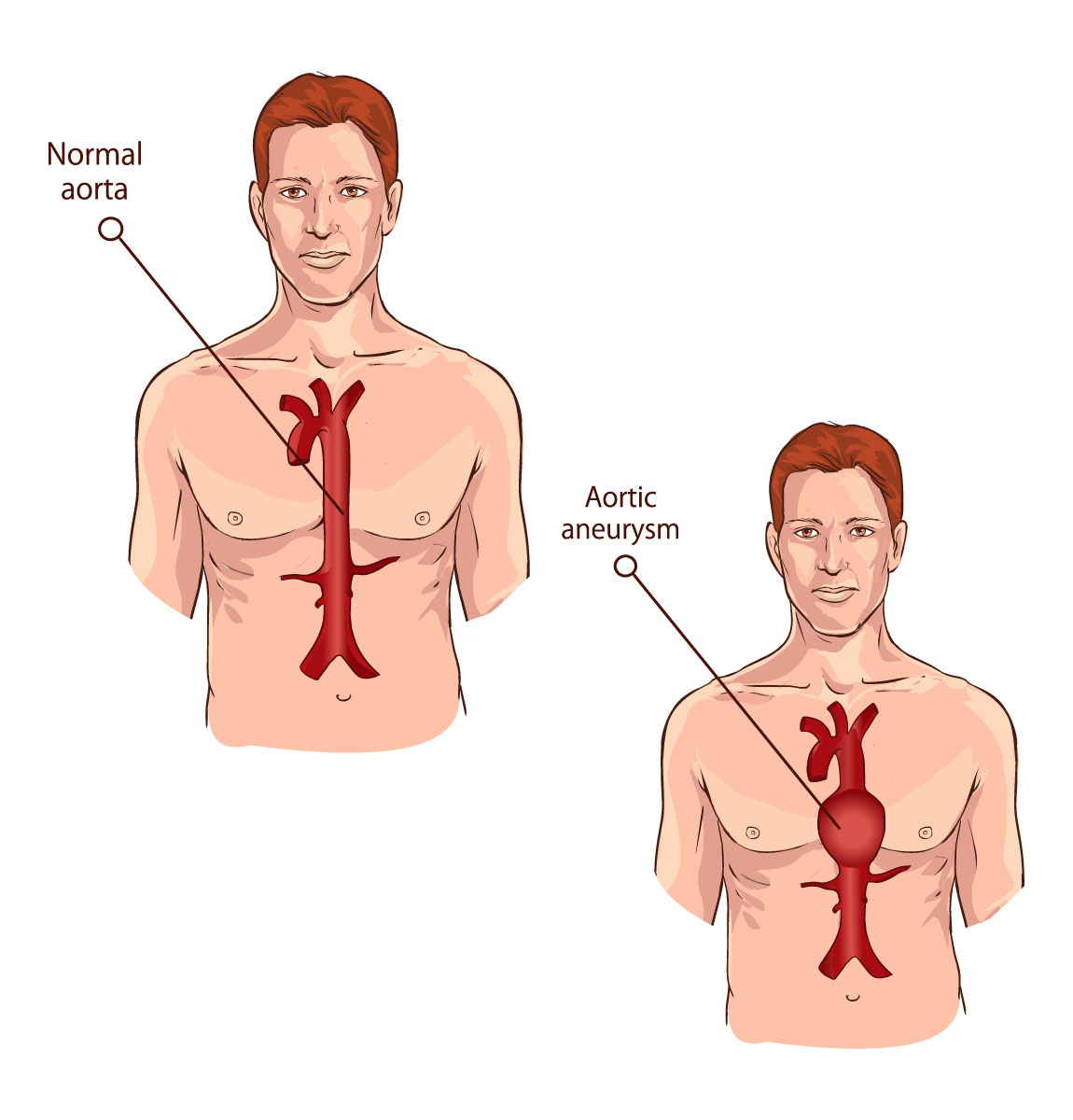Free Case Evaluation
You will never be charged a fee unless a recovery is made for you.
We are no longer accepting new cases.
Fluoroquinolones are a group of broad spectrum antibiotics that have been prescribed to treat bronchitis, sinus infections, pneumonia, and urinary tract infections, among other ailments. Brand names for fluoroquinolones include Cipro and Levaquin. Fluoroquinolones have been linked to serious health problems, including aortic aneurysm and aortic dissection, which are potentially life-threatening.

When they were introduced, fluoroquinolone antibiotics were widely prescribed (experts now say overprescribed) to treat bacterial infections. They were popular because they could be used to successfully treat a wide variety of infections, from urinary tract infections to sinus infections, and bacteria had not then developed a resistance to them.
Fluoroquinolones, brand name and (generic name), include:
Illnesses and conditions fluoroquinolones were widely prescribed for included:
After fluoroquinolones had been on the market and widely prescribed to millions of people, problems began to be observed and reported, including depression, irregular heartbeats, nerve damage, and seizures.
Reported fluoroquinolone issues also included collagen-related problems, such as Achilles tendon rupture, tendinopathy at various muscle groups, and retinal detachment. A study in 2012 of 6.4 million patients found that those who had taken fluoroquinolones were at four times the risk for Achilles tendinopathy and twice the risk of tendon rupture as those who had never taken fluoroquinolones.
Collagen is a protein found in skin and other connective tissues in the body. Tendons are composed of collagen. Collagen is also a major component of the wall of the aorta. The aorta is the main artery of the body. It originates at the heart and extends down to the abdomen (stomach).
Fluoroquinolones’ effect on collagen and the fact that collagen is a major component of the aorta may explain why fluoroquinolone use has also been linked to two serious aortic conditions: aortic dissection and aortic aneurysm.


Symptoms that an aortic dissection or aneurysm has burst include:
Both aortic aneurysm and aortic dissection are associated with high morbidity rates (occurrences of disease) and high mortality rates (occurrences of death). A 2012 study found fluoroquinolone use was associated with twice the risk of aortic dissection and aneurysm within 60 days of exposure (filling a prescription).
Making aortic aneurysm or dissection even more dangerous is the fact that patients may experience a heart attack (cardiac arrest) before they even are aware that they have developed an aortic aneurysm or dissection.
The Centers for Disease Control and Prevention (CDC) reports that aortic aneurysms were a contributing cause in over 17,215 deaths in the U.S. in 2009 and that they were the primary cause of almost 10,000 deaths in the U.S. in 2014.
In 2008, 2012, and in 2016, the FDA issued new and increasingly specific recommendations to doctors that they restrict use of fluoroquinolones.
A 21-member panel of experts advising the FDA in 2016 overwhelmingly voted that fluoroquinolone antibiotics should only be prescribed when they are essential, such as for serious infections like anthrax, and that they not be prescribed to treat bronchitis and sinus and urinary tract infections except in severe cases where other treatments and antibiotics have failed. At that time in 2016, prescriptions of fluoroquinolones for bronchitis, sinus infections, and urinary tract infections accounted for almost 33 percent (one out of three!) of all fluoroquinolones prescriptions in the U.S. outside of hospitals.
The FDA further advised that patients taking fluoroquinolones contact their health-care provider immediately if they experienced any serious side effects. Symptoms and signs of serious side effects include:
However, as noted above, aortic dissections and aortic aneurysms may not have any noticeable symptoms. And both aortic dissections and aortic aneurysms may rupture (burst), which is a life-threatening emergency. Patients may experience cardiac arrest before being diagnosed with either condition.
If you have suffered from an aortic dissection or aneurysm, or if loved one has died after experiencing either of these conditions or had a ruptured aortic dissection or aneurysm after taking a fluoroquinolone antibiotic, including Cipro, Avelox, or Levaquin, you may be entitled to compensation. While no amount of money can ever make up for what you have endured or lost, it can help with the added medical and care expenses and lost work and may also be awarded for emotional pain and suffering.
Contact us for a free consultation. Our experienced attorneys take a personalized, compassionate approach. We cut through the legalese and partner with our clients. We also have access to the expertise, resources, and manpower to fully investigate each case and fight for and with our clients against the big corporations to seek the justice they deserve.
You pay nothing unless we win your case. Call us at 800-796-1636 or submit your case details online and someone will contact you shortly.
Sources
You will never be charged a fee unless a recovery is made for you.